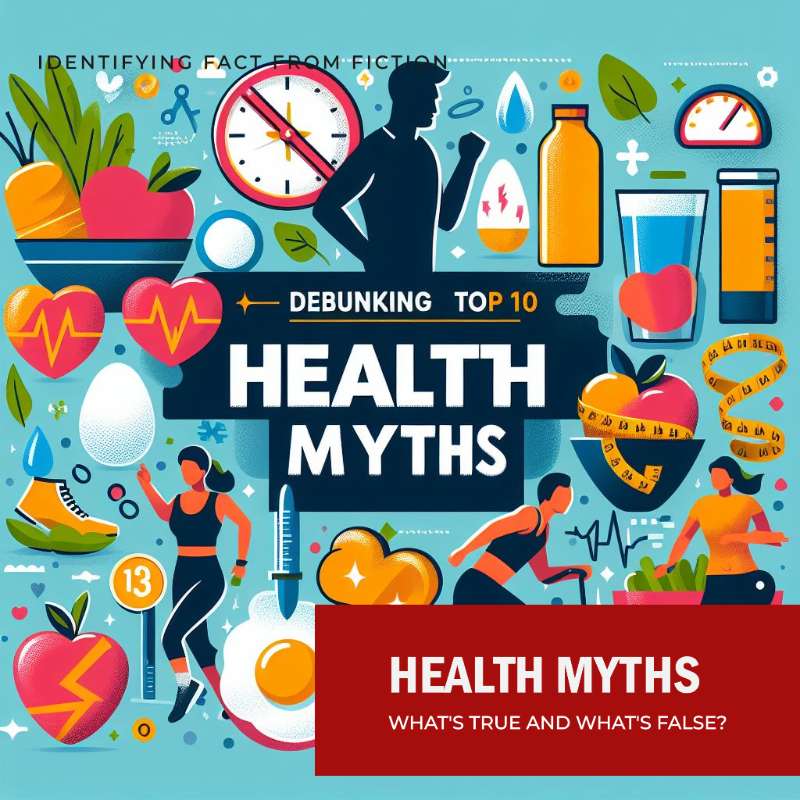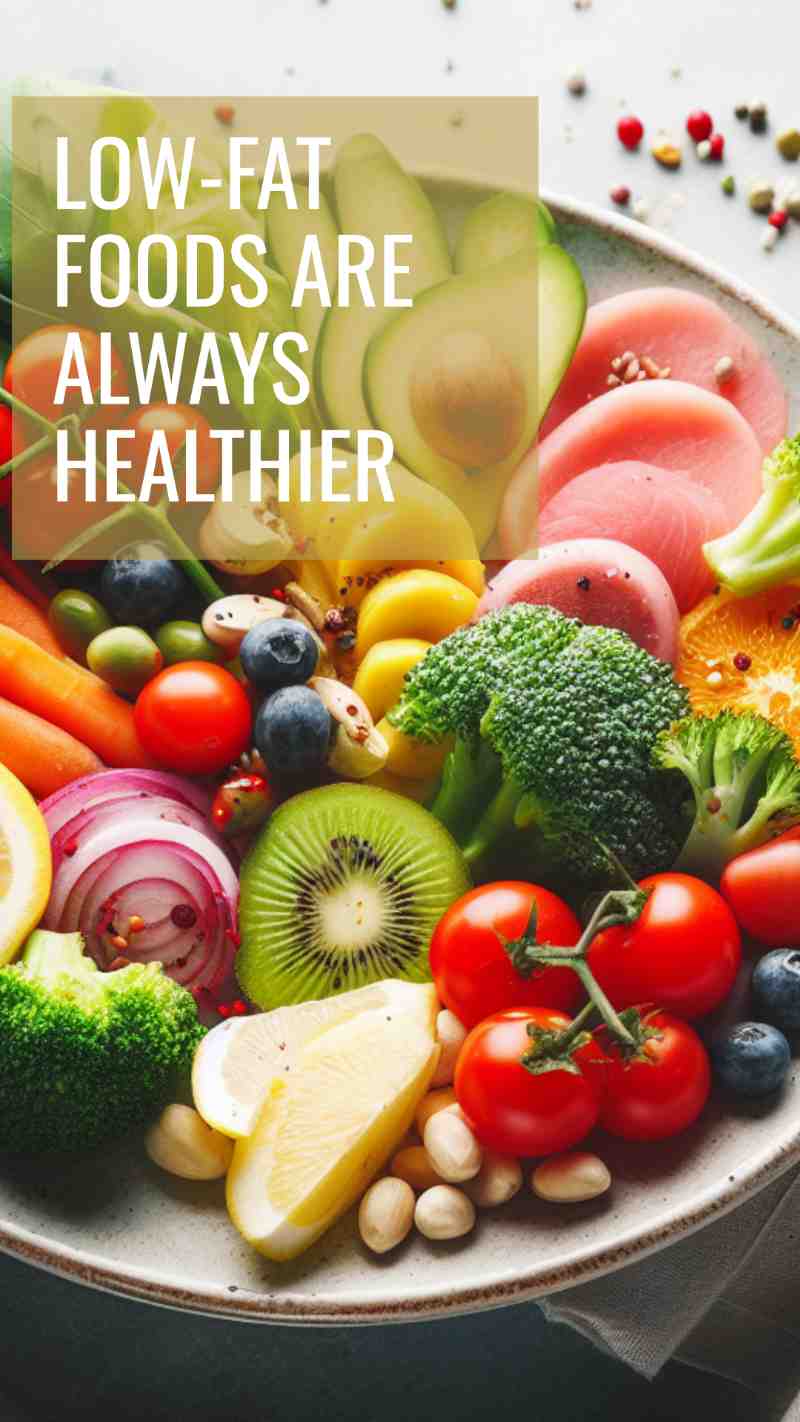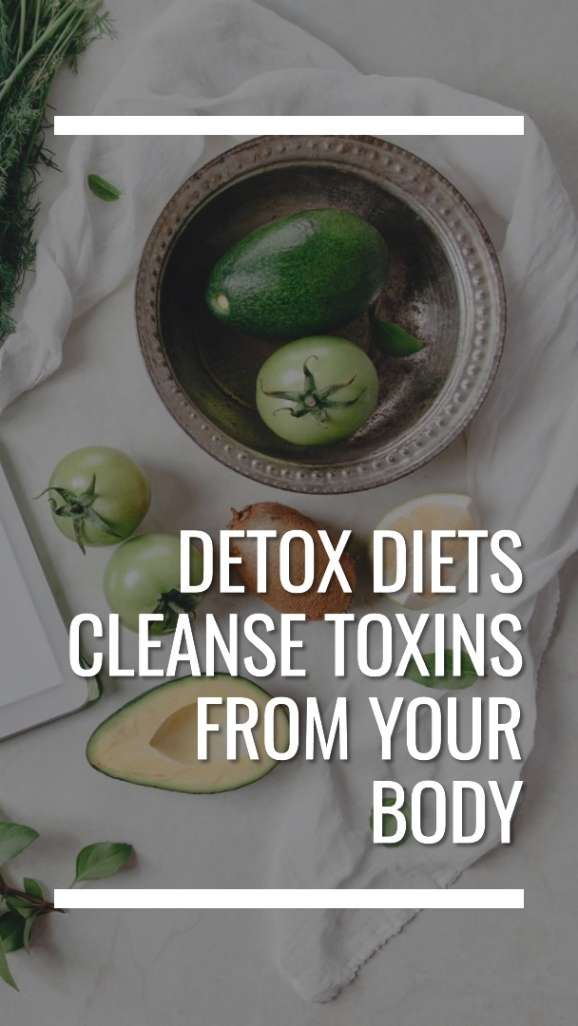Debunking the Top 10 Health Myths: Separating Fact from Fiction
In the complex landscape of health and wellness, myths often pervade our understanding, leading us to make decisions that might not necessarily align with what’s truly beneficial for our well-being. Let’s unravel and debunk some of the most prevalent health myths, providing clarity and evidence-based information.
Myth 1: “Drink Eight Glasses of Water a Day”
The notion that we must consume precisely eight glasses of water daily for optimal hydration is a widespread misconception. The reality is that individual hydration needs vary based on factors like body size, activity level, and environmental conditions. Listening to your body’s thirst signals and consuming water-rich foods can contribute significantly to your hydration needs.
Myth 2: “Eating at Night Causes Weight Gain”
Contrary to popular belief, eating at night doesn’t inherently lead to weight gain. Weight management is more about the balance of caloric intake versus expenditure throughout the day. Mindful eating habits and a balanced diet at any time of day are crucial, rather than fixating on specific meal timings.
Myth 3: “Eggs Raise Cholesterol Levels”
Eggs have been unfairly stigmatized due to their cholesterol content. Research indicates that dietary cholesterol from eggs doesn’t significantly impact blood cholesterol levels for most individuals. Eggs are nutrient-dense and can be part of a healthy diet when consumed in moderation.
Myth 4: “Cracking Your Knuckles Causes Arthritis”
The belief that knuckle cracking leads to arthritis lacks substantial evidence. Studies have found no direct link between habitual knuckle cracking and arthritis development. However, excessive cracking may lead to reduced grip strength or hand swelling in some cases.
Myth 5: “The More You Sweat, the More Fat You Burn”
Sweating is your body’s natural cooling mechanism and isn’t directly correlated with fat burning. While physical activity leads to calorie expenditure and weight loss, the amount of sweat isn’t indicative of the number of calories burned. Exercise intensity and duration play more significant roles in fat burning than sweating alone.
Myth 6: “Low-Fat Foods are Always Healthier”
The idea that all low-fat foods are healthier is misleading. Often, low-fat products compensate for reduced fat content by increasing sugar or other additives, affecting overall nutritional value. Focusing on whole, minimally processed foods and paying attention to nutritional labels is crucial.
Myth 7: “Muscle Turns Into Fat When You Stop Exercising”
Muscle and fat are two distinct types of tissue and don’t interchange directly. When you stop exercising, muscle mass may decrease due to inactivity, while fat levels might increase if caloric intake exceeds expenditure. Regular exercise helps maintain muscle mass and keeps fat levels in check.
Myth 8: “All ‘Natural’ or ‘Organic’ Products are Healthy”
Labels like “natural” or “organic” can be misleading. Not all products labeled as such are inherently healthy. Natural or organic products might still contain high amounts of sugar, salt, or unhealthy fats. Reading ingredient lists and nutritional labels is essential for making informed choices.
Myth 9: “Skipping Breakfast Leads to Weight Gain”
While breakfast is often hailed as the most important meal of the day, skipping it doesn’t inherently lead to weight gain. Weight management is more about overall caloric intake versus expenditure. Some individuals naturally prefer intermittent fasting or non-traditional meal patterns, which can be healthy if balanced.
Myth 10: “Detox Diets Cleanse Toxins from Your Body”
Detox diets promising to cleanse the body of toxins lack scientific backing. The human body has its detoxification systems (like the liver and kidneys) that efficiently eliminate toxins. Extreme detox programs may disrupt normal bodily functions and aren’t necessary for maintaining health.
Conclusion
Dispelling these top 10 health myths provides a clearer understanding of what truly contributes to a healthy lifestyle. Critical evaluation of popular beliefs and reliance on evidence-based information are key in making informed decisions about our well-being.
By debunking these myths, individuals can navigate the complex landscape of health and wellness more confidently, focusing on balanced nutrition, regular physical activity, and seeking advice from healthcare professionals for personalized guidance.
Remember, staying informed and making choices based on reliable information is pivotal for a healthier and happier life.
 Home and Gardening Ideas At home and Gardening ideas we believe inspiring readers about homesteading, self sufficiency
Home and Gardening Ideas At home and Gardening ideas we believe inspiring readers about homesteading, self sufficiency








